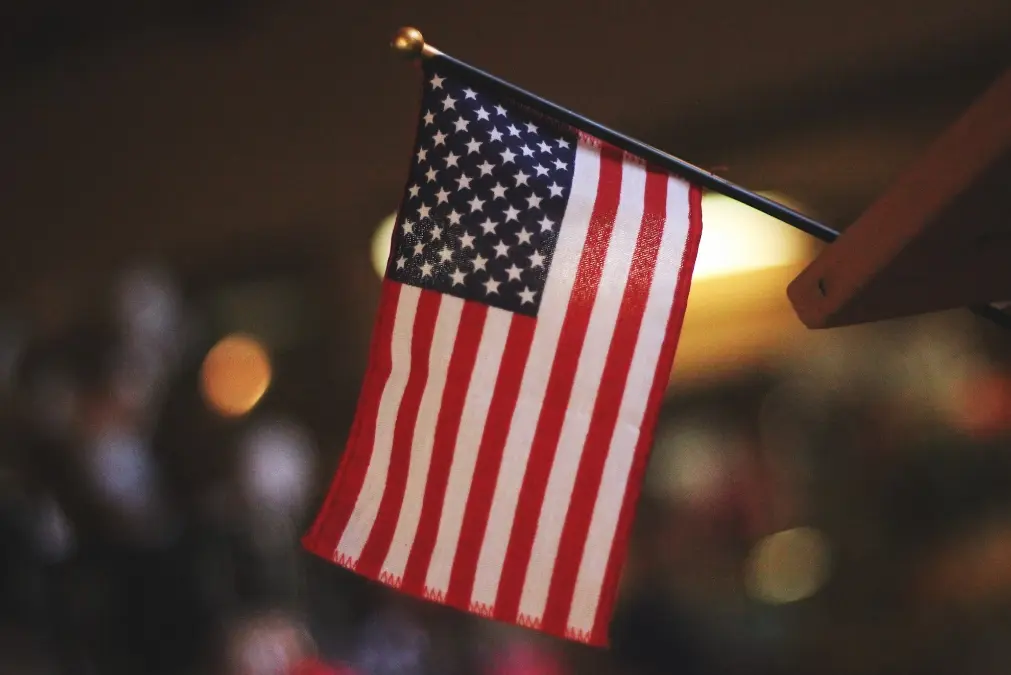
LED Projector RoHS Certification Test
A projector, also known as a projection device, is a device that can project images or videos onto a screen. It can connect to computers, VCDs, DVDs, BDs, gaming consoles, camcorders, and other devices to play corresponding video signals. So how does a projector obtain ROHS certification? Let's take a look with the editor from Shitong!
Projector RoHS Certification
Projectors are widely used in homes, offices, schools, and other places. Depending on their working principle, there are different types such as CRT, LCD, and DLP. Currently, mainstream projectors on the market primarily use Digital Light Processing (DLP) technology and 3LCD technology. The light sources used in projectors include traditional high-intensity discharge lamps (such as ULtra-high pressure mercury lamps, short-arc xenon lamps, and metal halide lamps) and new light sources represented by LED and laser light sources.
Traditional light source projectors typically experience dimming and yellowing of the projected image over time as the emitted light from the light source decreases (e.g., brightness decay, REDuced color saturation, and contrast). In applications requiring high image quality, even if the bulb is still emitting light, it often needs to be replaced. Thus, light attenuation is a significant obstacle for projectors using traditional light sources.
RoHS standards worldwide are based on the IEC62321 standard.
a. The new European RoHS directive is CE/RoHS Directive (EU) 2015/863.
b. European CE-RoHS is mandatory and part of CE certification.
c. China RoHS is a voluntary certification.
d. U.S. RoHS is voluntary, enforced by the CPSC.
e. Japan RoHS is voluntary testing.
The current RoHS primarily tests the following items:
- Metal materials: Lead (Pb), Cadmium (Cd), Mercury (Hg), Hexavalent Chromium (Cr6+)
- Non-metal materials: Lead (Pb), Cadmium (Cd), Mercury (Hg), Hexavalent Chromium (Cr6+), Polybrominated Biphenyls (PBBs), and Polybrominated Diphenyl Ethers (PBDEs)
The revised RoHS Directive (EU) 2015/863 adds four phthalates to the list of restricted substances, bringing the total controlled substances to ten.
ROHS Testing Process:
1. The client provides product images, a BOM (Bill of Materials), and an application form.
2. A quote is provided based on the submitted materials.
3. Upon client confirmation of the quote, a filing application form and service agreement are signed, and the full project fee is paid. Test samples are then prepared.
4. The client arranges for the samples to be sent to the laboratory for testing.
5. Once testing is passed, the report is completed, and the project is concluded with the issuance of the rohs report.
Email:hello@jjrlab.com
Write your message here and send it to us
 Accelerated Ageing Test
Accelerated Ageing Test
 IP Ingress Protection Testing
IP Ingress Protection Testing
 How Does a Product Get an Energy Star Label
How Does a Product Get an Energy Star Label
 Is ROHS part of UL the same
Is ROHS part of UL the same
 What is Protection Class EN 60529?
What is Protection Class EN 60529?
 IP69 Certified Protection
IP69 Certified Protection
 California Energy Commission Testing Lab
California Energy Commission Testing Lab
 What Does the Canadian IC Mark Mean?
What Does the Canadian IC Mark Mean?
Leave us a message
24-hour online customer service at any time to respond, so that you worry!




